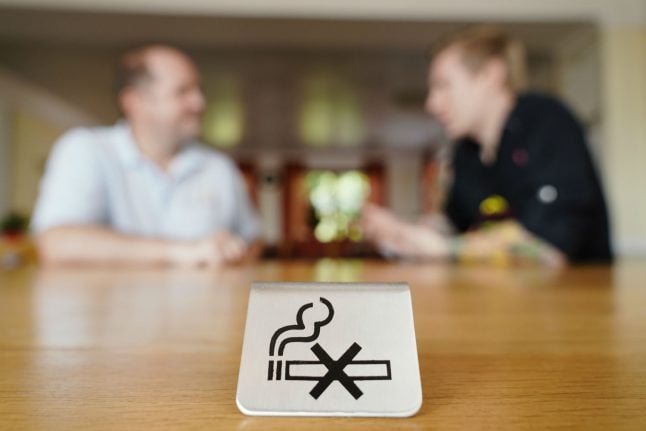A number of passengers arriving from Senegal have been found to be carrying 100 to 300 cartons of cigarettes in their luggage, Geneva regional customs director Jerome Coquoz told reporters.
“A carton is sold in Senegal for the equivalent of 7.5 Swiss francs ($8.1) while it is worth 76 Swiss francs in Switzerland,” he said.
Last year, Geneva regional customs seized 14 “large” consignments of Malboro cigarettes, involving 2,500 cartons, he said, suggesting this was a new form of trafficking.
Meanwhile drug seizures were also up last year at Geneva airport, including 28 kilos of cocaine.



 Please whitelist us to continue reading.
Please whitelist us to continue reading.
Member comments